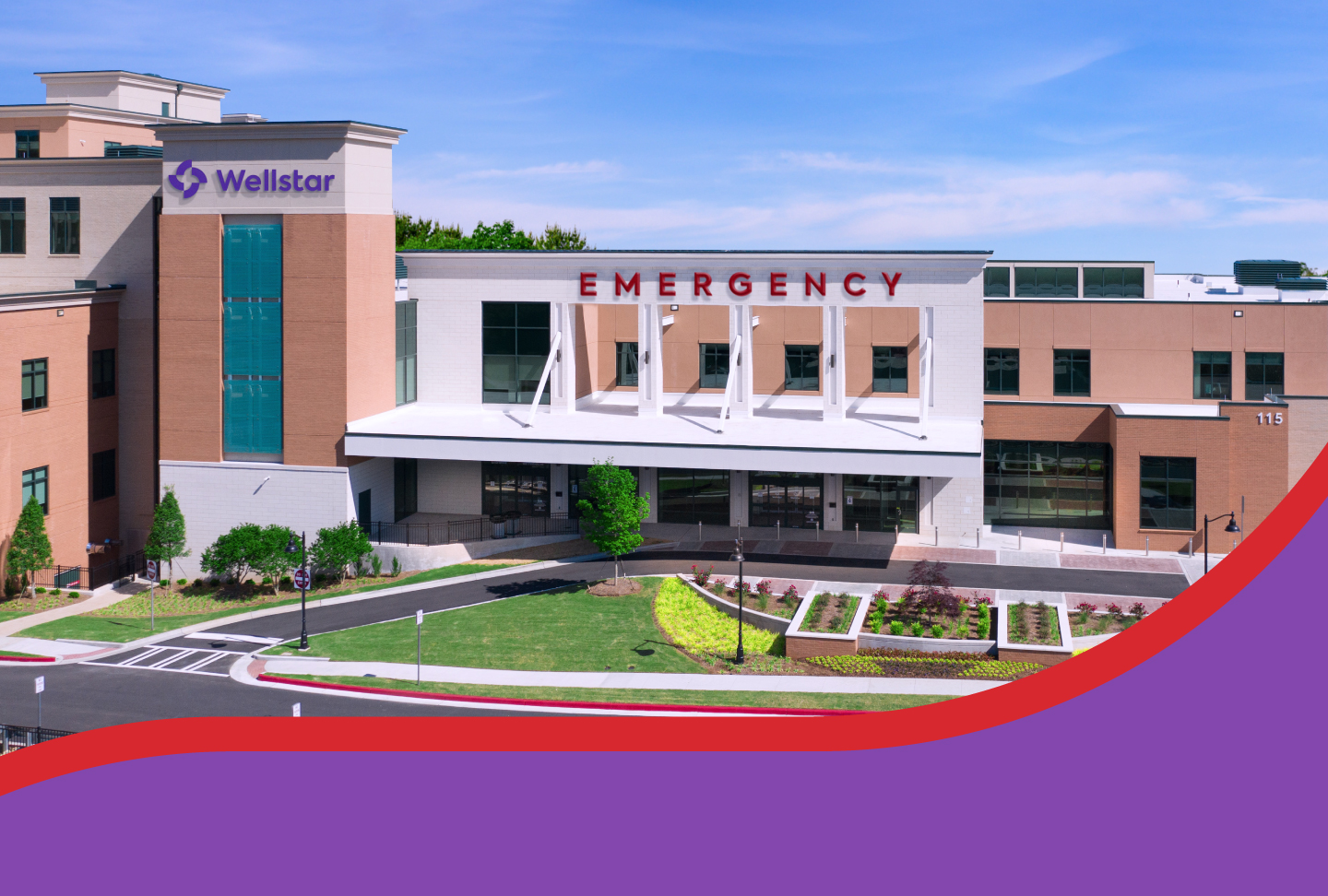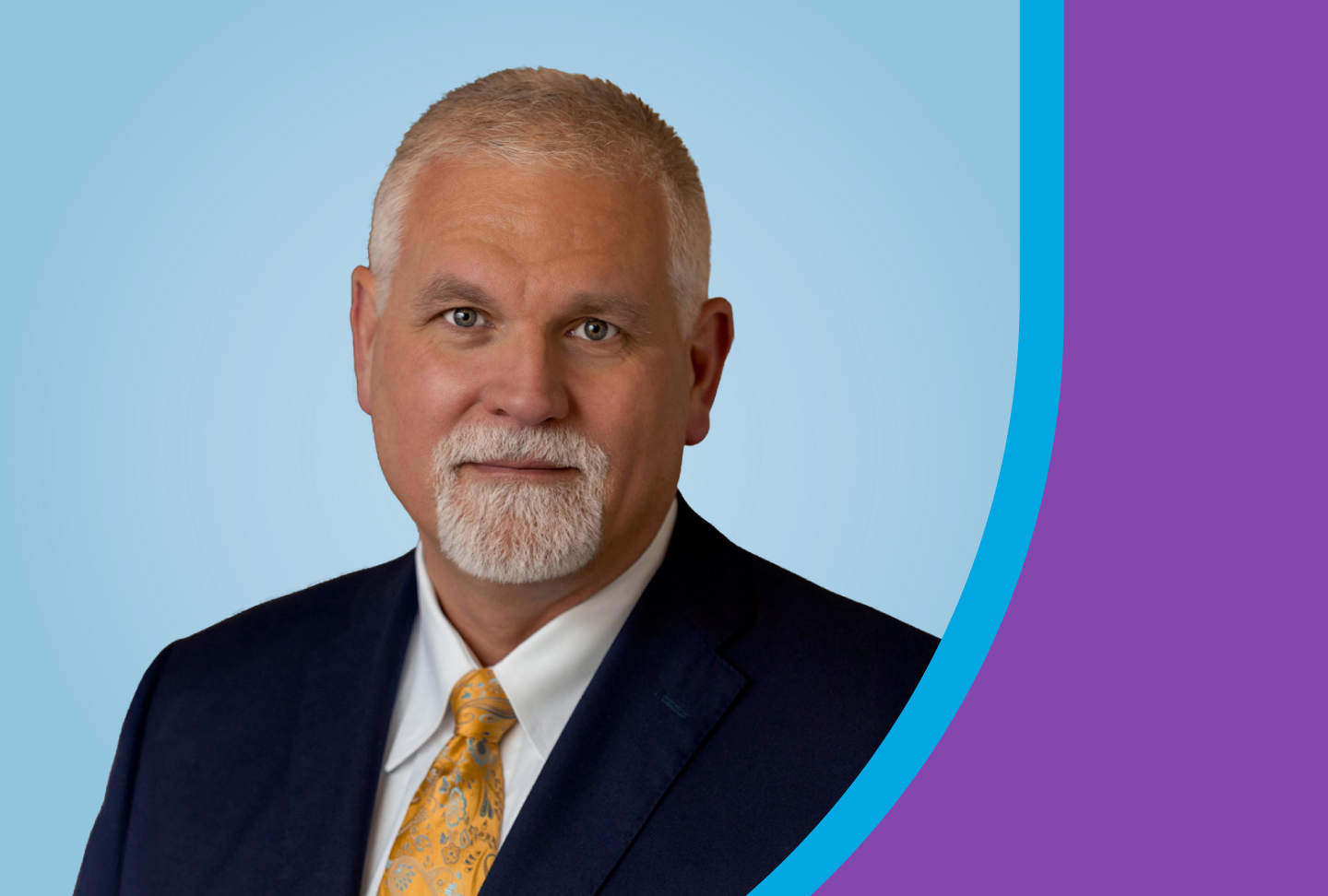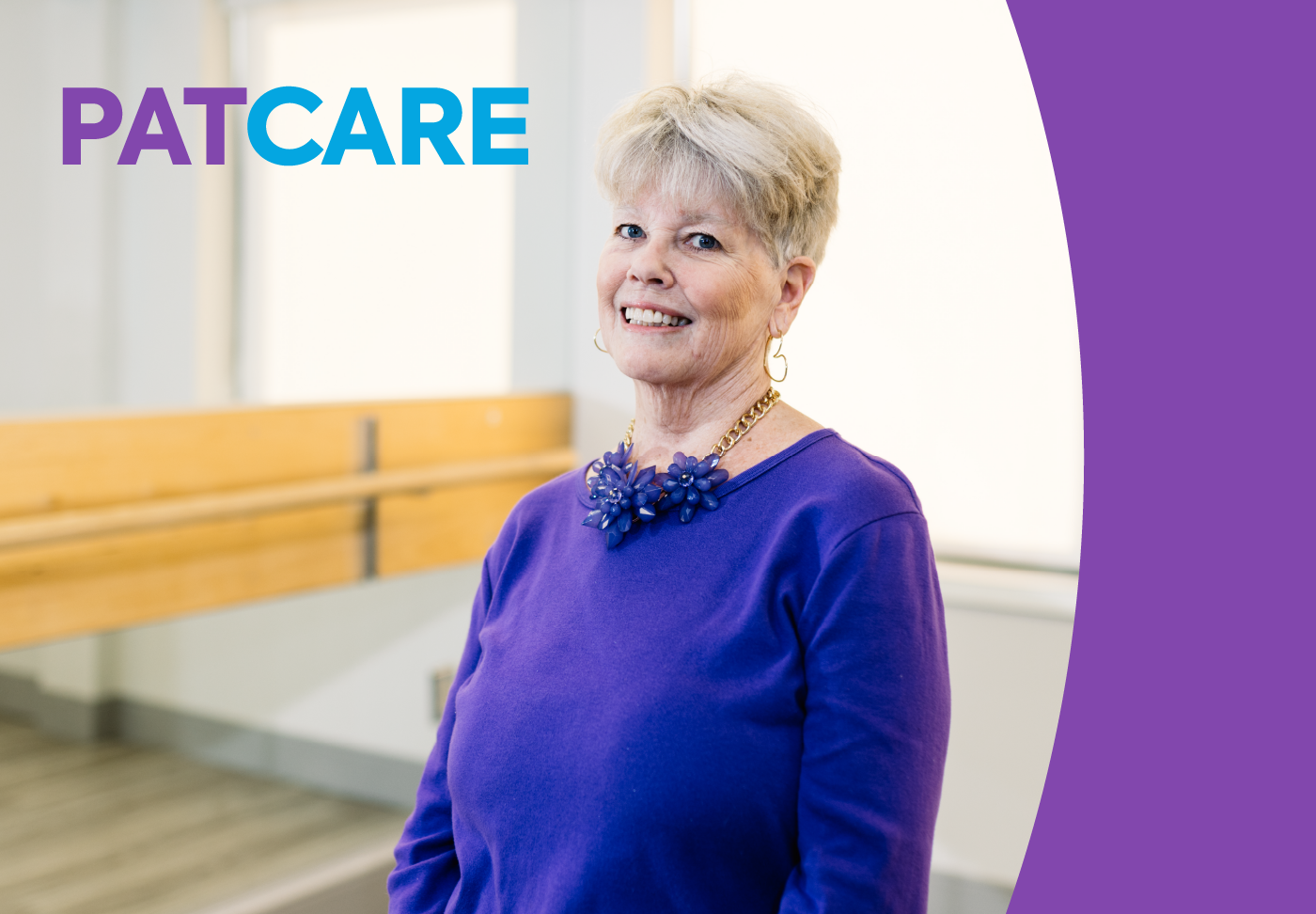MARIETTA, Ga. (Feb. 18, 2026) – Wellstar Health System announced today that Thomas A. Kruse will join the system as its new executive vice president and chief strategy and growth officer, effective March 30. Kruse has extensive experience guiding strategy for nonprofit health systems that embark on a path of sustainable growth and top-decile performance for clinical care, quality and safety, and patient experience.
“Patient needs are changing, our communities are growing, and we must evolve right alongside them. Tom will help shape our systemwide strategy and guide how we grow in the years ahead, with a clear goal of strengthening our reputation as a destination for care across the Southeast,” said Ketul J. Patel, president and CEO of Wellstar Health System.
Kruse will lead enterprise-level strategy and transformation, evaluate market expansion and affiliation opportunities, and drive initiatives that position Wellstar among the nation’s most respected and high-performing nonprofit health systems. He’ll partner with leaders across Wellstar and the communities it serves to identify opportunities for expansion and collaboration. Under Patel’s leadership, Wellstar will build on a strong foundation by advancing clinical excellence, strengthening academic programs and elevating quality, safety and patient experience.
“I’m honored to join Wellstar at such an important moment in its journey. The organization’s commitment to the communities it serves is inspiring. I look forward to working alongside the talented teams across the system to build on the already strong momentum and help expand access to high-quality care throughout Georgia and the Southeast,” said Kruse.
Most recently, Kruse was an independent health industry advisor and consultant for regional health systems, community hospitals and nonprofit organizations. He previously served as senior vice president and chief strategy officer for the Northwest region of CommonSpirit Health and Virginia Mason Franciscan Health, where he led long-range strategy and partnership efforts that strengthened the organization and expanded its reach throughout the Pacific Northwest. The success of that work reflects Kruse’s experience as chief strategy officer for market-leading integrated health systems in highly competitive regions, including Hackensack Meridian Health, where he helped lead the creation of New Jersey's largest health system.
ABOUT WELLSTAR HEALTH SYSTEM
Wellstar personalizes the patient experience. We call it PeopleCare and it's only possible thanks to our 34,000 team members who provide expert, compassionate care for every stage of life. PeopleCare also means we serve our communities as a nonprofit health system, providing more than $1 billion annually in charity care and community programs and operating the largest integrated trauma network in the state of Georgia. We embrace innovation and technology, nurture early-stage companies through our venture firm Catalyst by Wellstar and train future generations of caregivers with academic institutions including the Medical College of Georgia. Wellstar honors every voice and is one of the Fortune 100 Best Companies to Work For. To learn more, visit
Wellstar.org.





